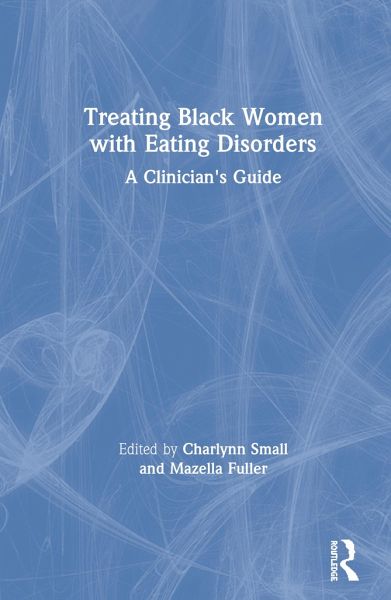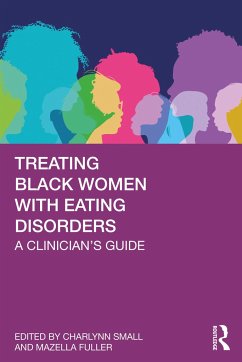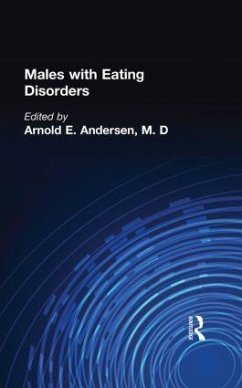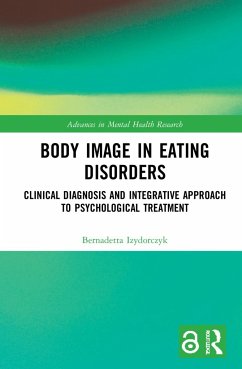
Treating Black Women with Eating Disorders
A Clinician's Guide
Herausgeber: Small, Charlynn; Fuller, Mazella
Versandkostenfrei!
Versandfertig in 1-2 Wochen
131,99 €
inkl. MwSt.

PAYBACK Punkte
66 °P sammeln!
The first of its kind, this edited volume provides in-depth, culturally sensitive material intended for addressing the unique concerns of Black women with eating disorders in addition to comprehensive discussions and treatment guidelines for this population.














